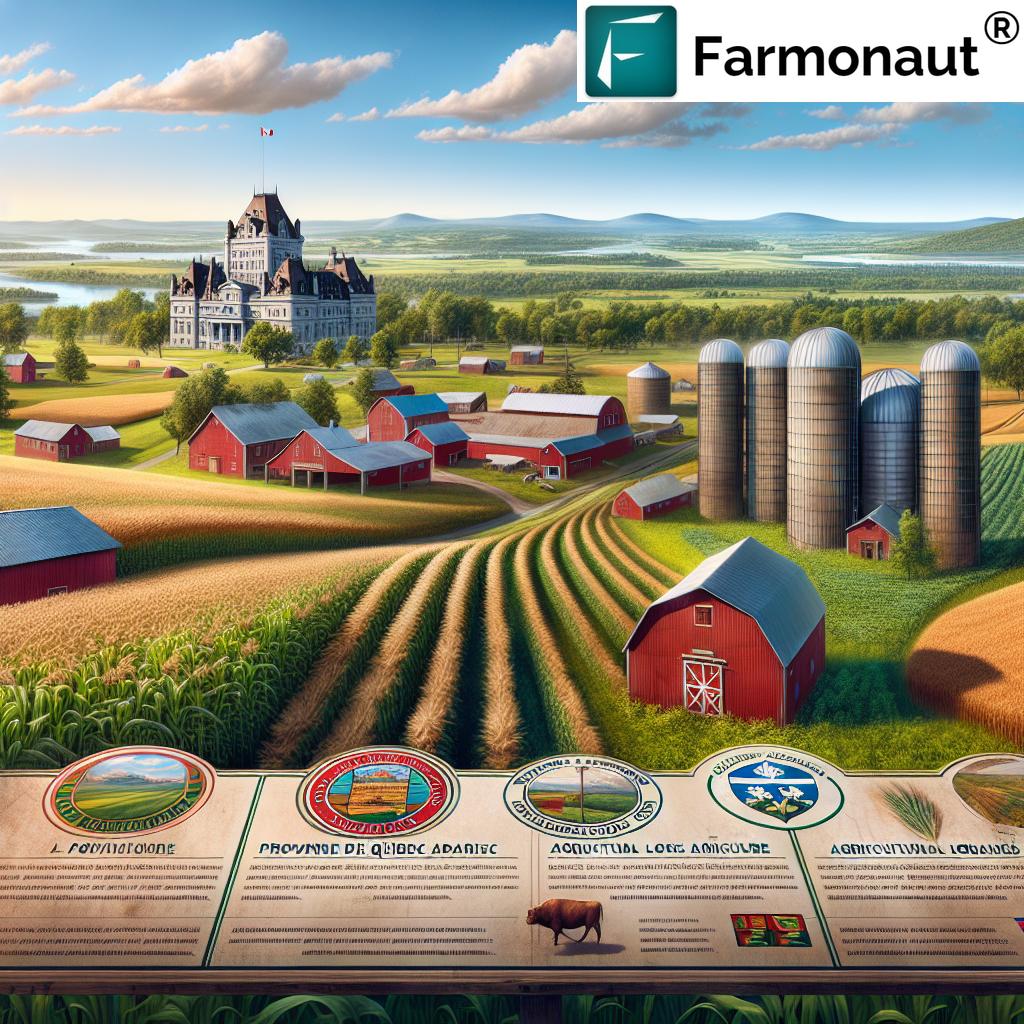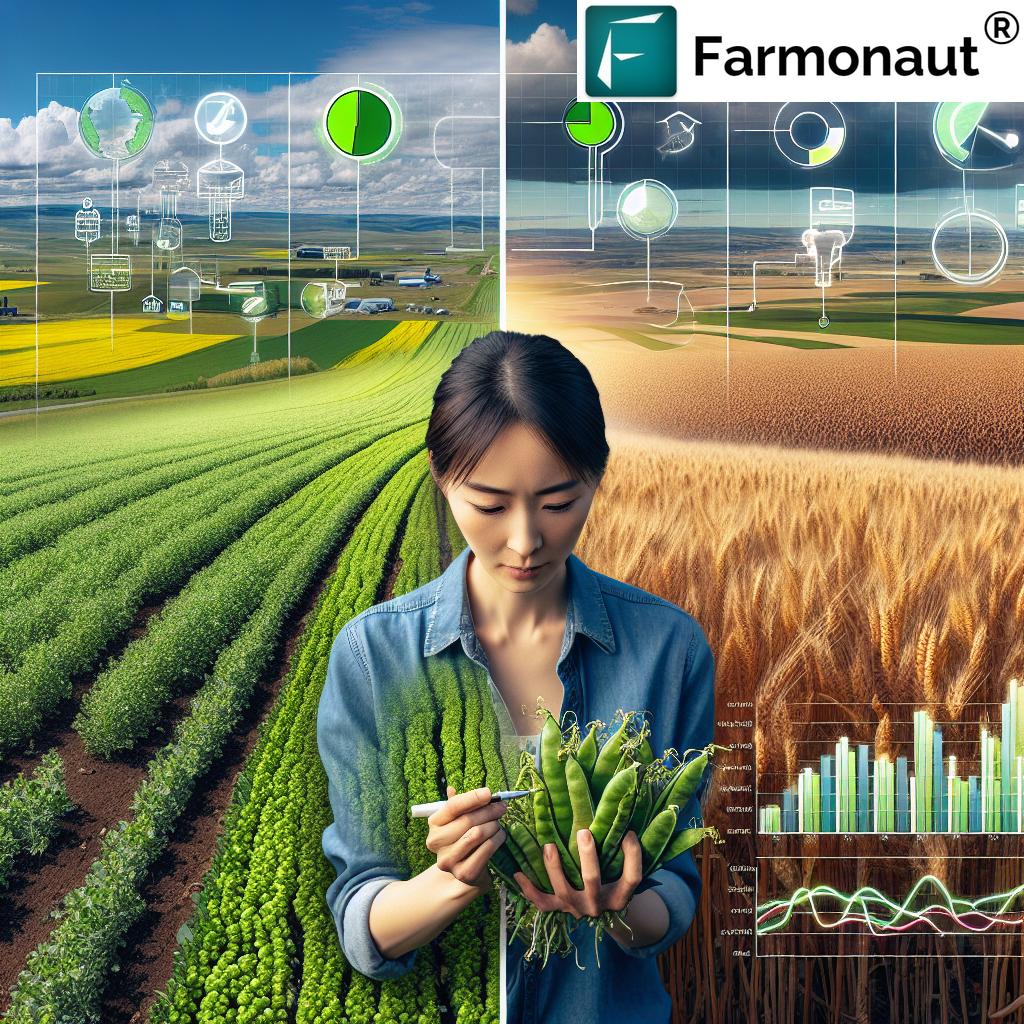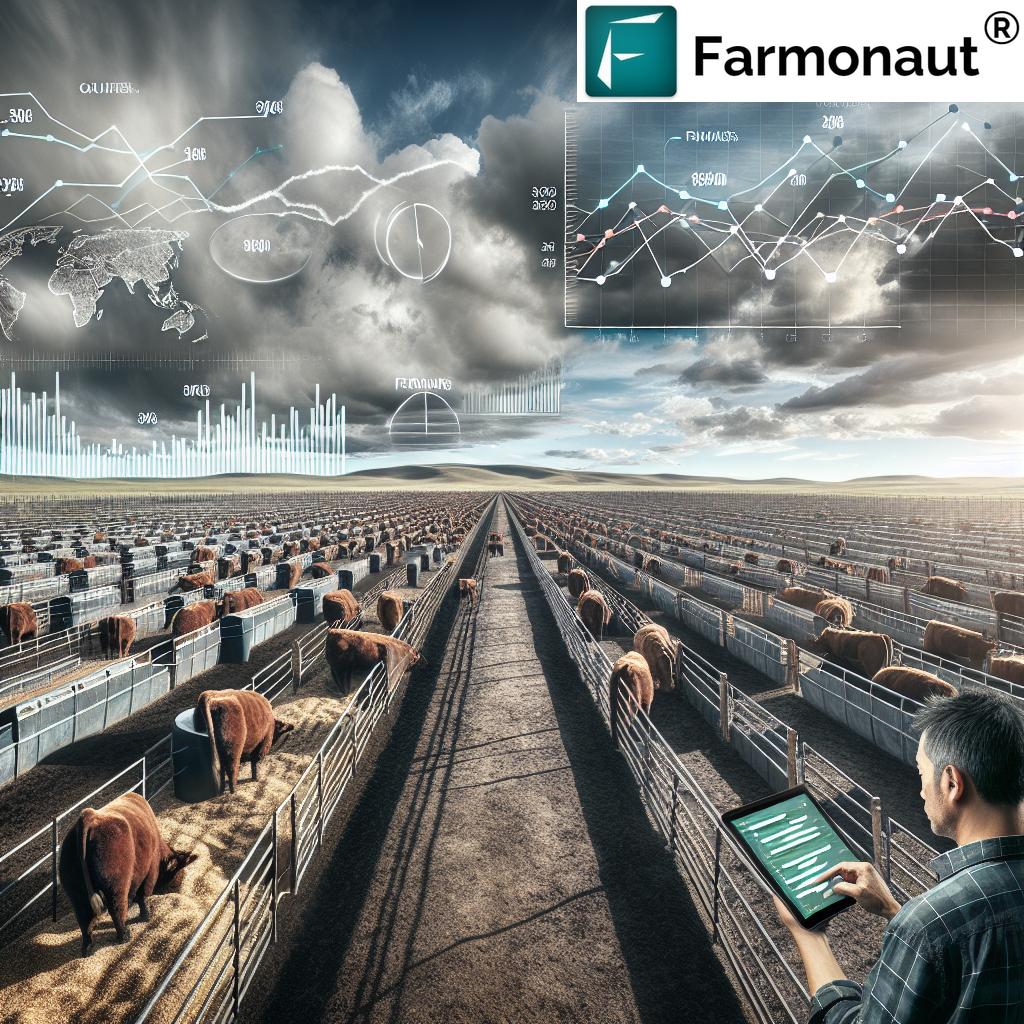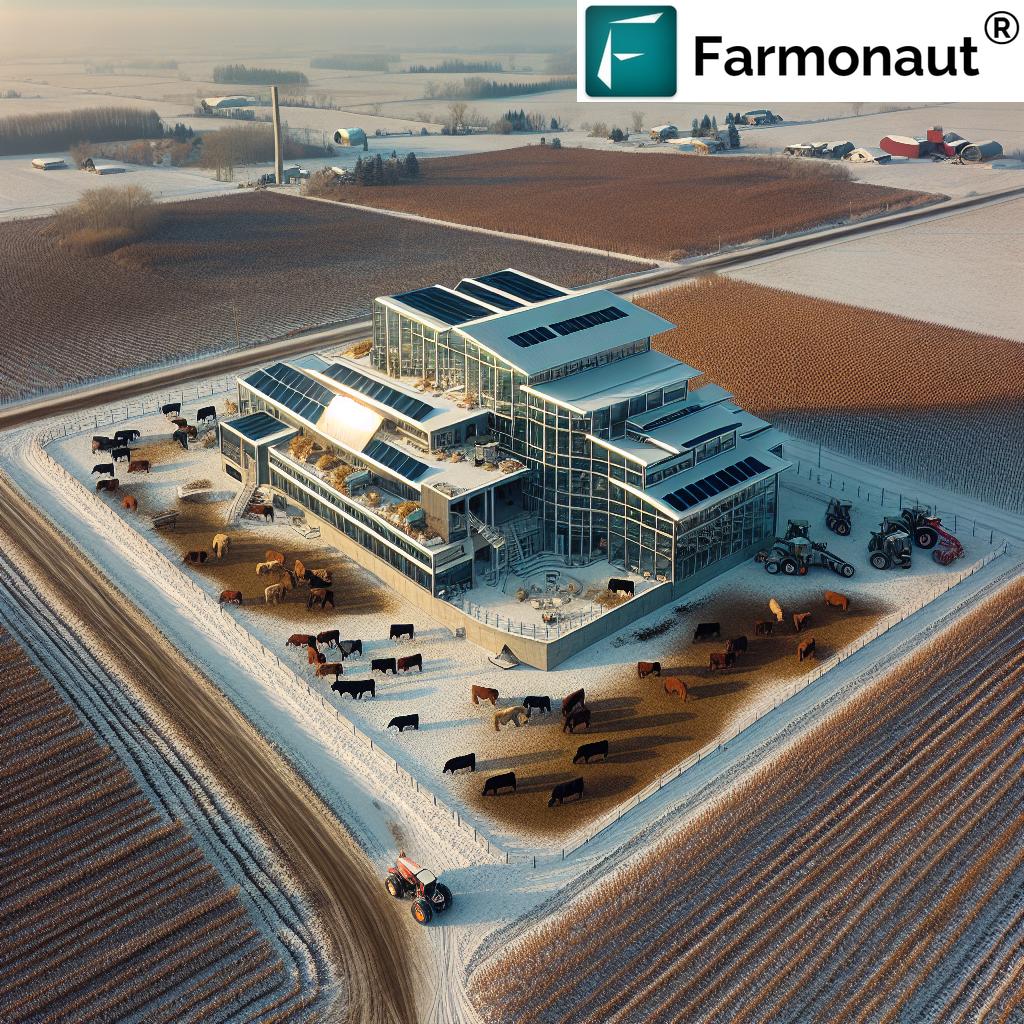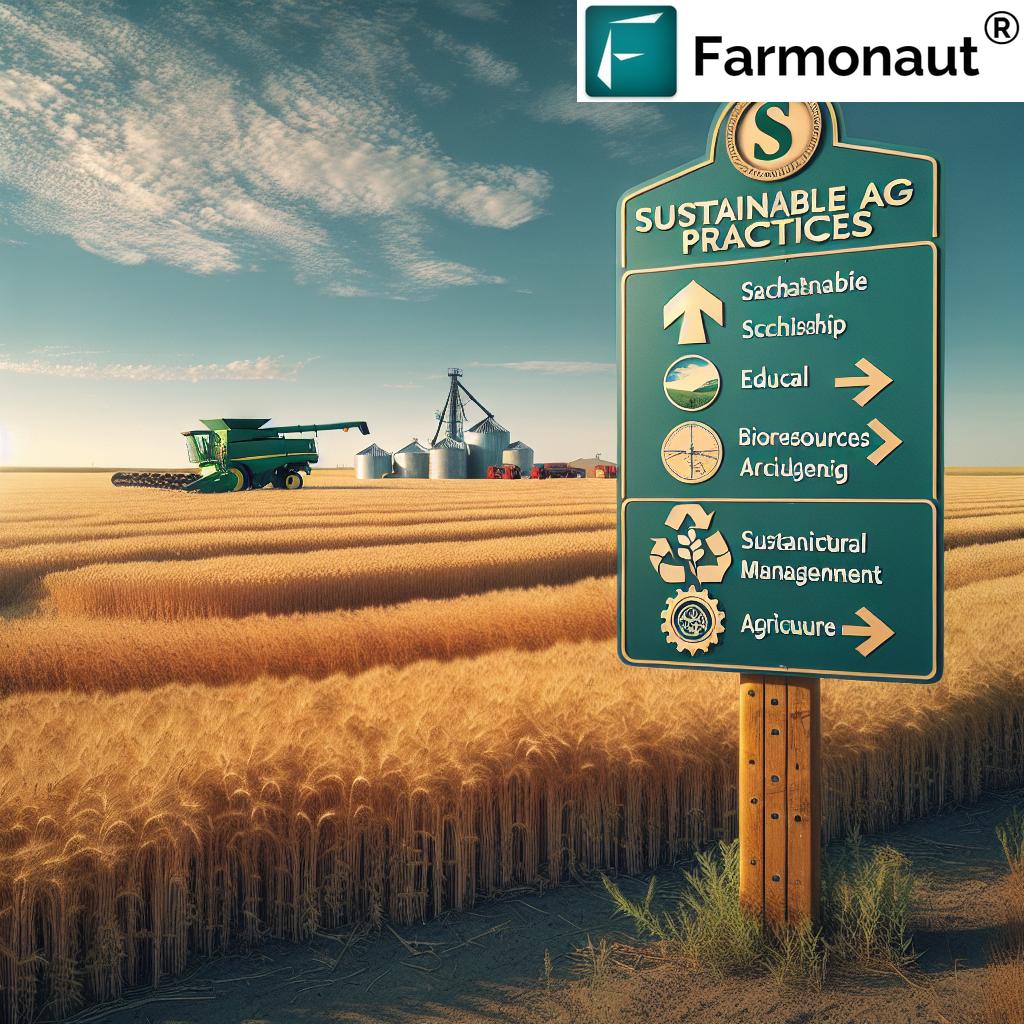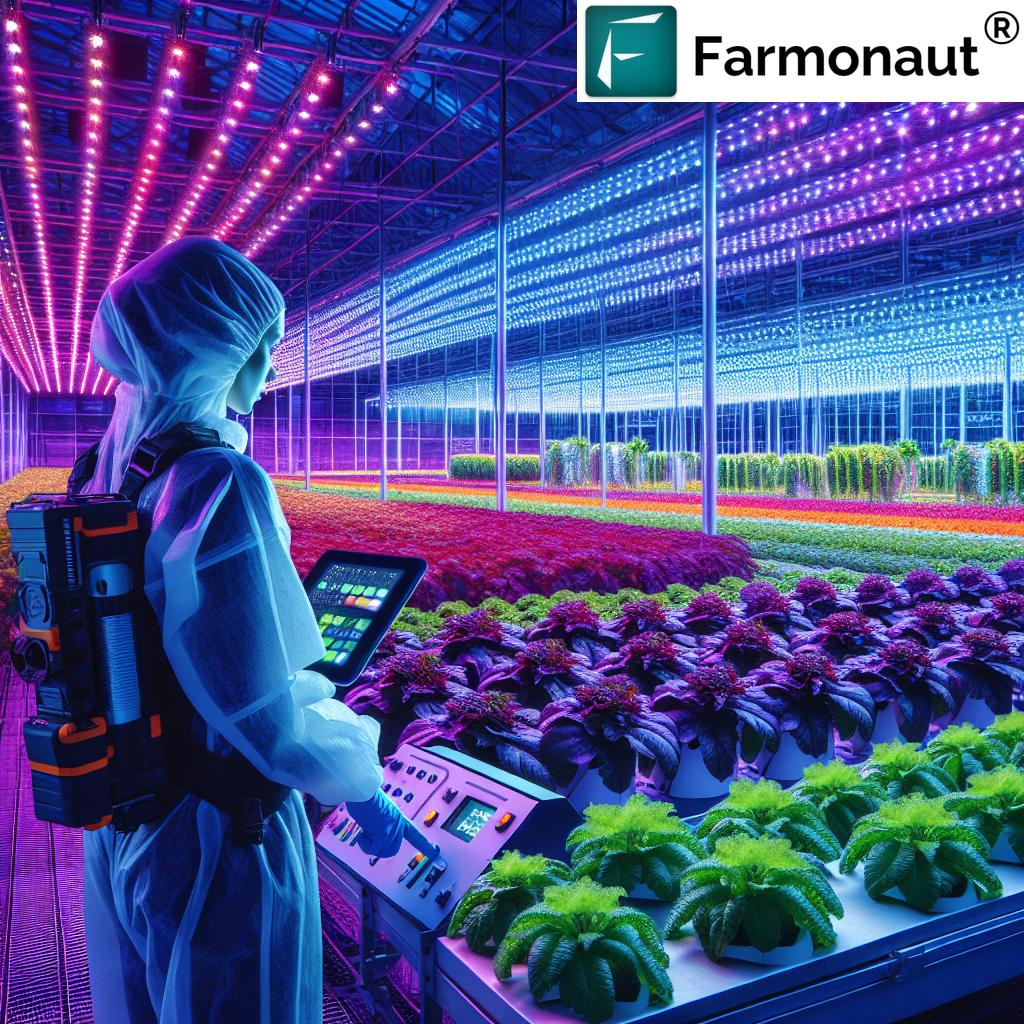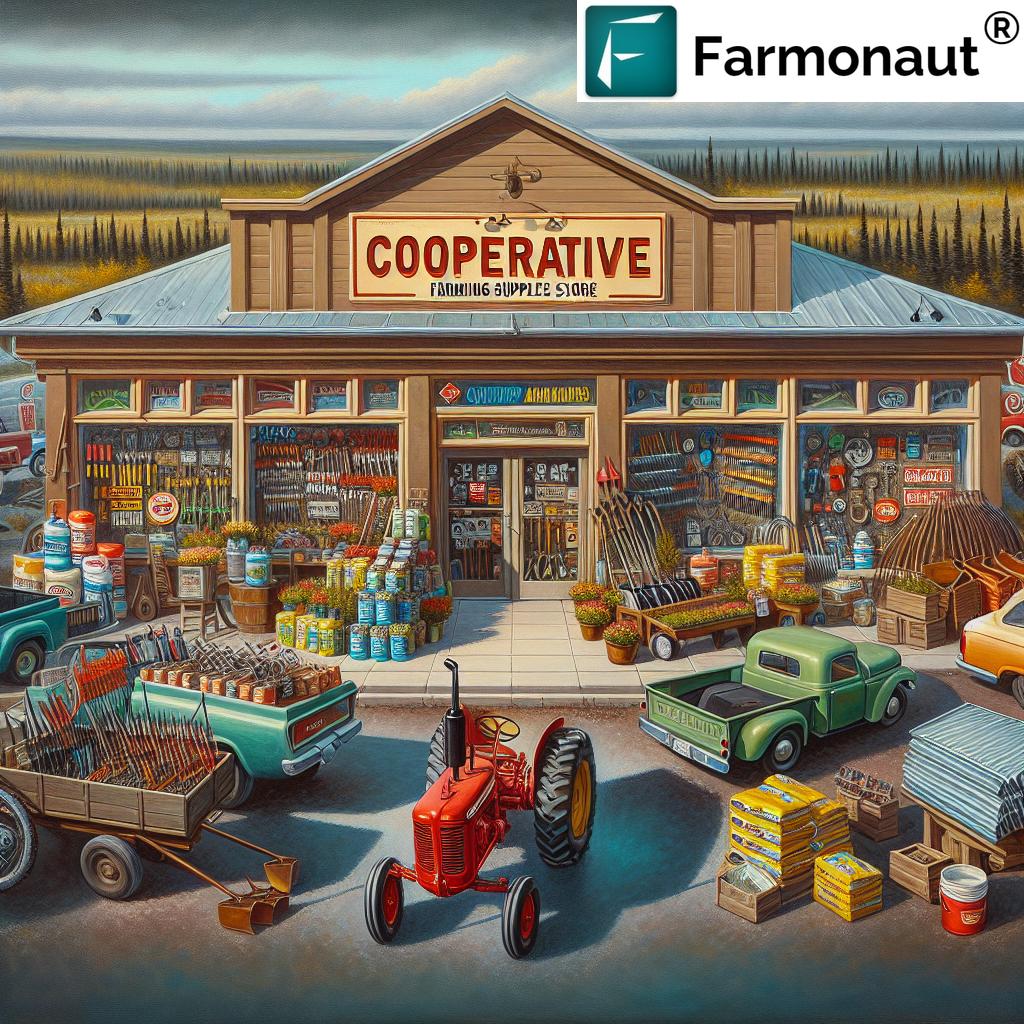Quebec Agriculture: 7 Powerful Trends Shaping the Province
“Quebec’s agricultural sector employs over 57,000 people, contributing nearly $8 billion annually to the provincial economy.”
Introduction to Quebec Agriculture
Quebec, the second-largest province in Canada, boasts a vibrant and dynamic agricultural sector shaping the economic and social fabric of our region. The blend of unique climatic conditions, a rich cultural heritage, and progressive provincial agricultural boards has enabled Quebec agriculture to become a pillar not only for the province but for national food security and international trade.
In this comprehensive blog, we delve deep into quebec agriculture, chronicling the influential role of the Montreal Chamber of Commerce, provincial boards, the transformative impact of international exhibitions, and the enduring legacy of French agricultural education. Through a professional lens, we will analyze the seven most powerful trends currently sculpting the landscape of agriculture in Quebec, as well as the role of advanced technologies—like those pioneered by Farmonaut—in driving modern, sustainable, and data-driven farming.
A Legacy of Agricultural Excellence: The Pioneers of Quebec
Our province’s journey in agriculture is deeply interwoven with pioneering educators and politicians who recognized the potential of Quebec’s fertile lands. A notable figure in this narrative was a Quebec City native, born in 1836 and the grandson of Joseph-François Perrault, who charted an illustrious path encompassing rigorous academic pursuit and impactful political service.
- Educated at the renowned Petit Séminaire de Québec, later furthering his studies at the University of Durham and the Royal Agricultural College in England, as well as at the École de Grignon in France. These experiences reinforced his commitment to french agricultural education.
- Upon returning in 1857, he endeavored to establish agricultural schools in Canada, advocating modern European techniques. Despite limited enrollment, his resolve laid the groundwork for educational advances in the province of quebec agriculture.
- He undertook administrative roles, serving as secretary for the Bureau and Board of Agriculture of Lower Canada and editing the key agricultural journal – pivotal engagement with government and agriculture in quebec.
- In 1863, he was elected to the Legislative Assembly of the Province of Canada for Richelieu, bridging agriculture, education, and politics.
- Instrumental in founding the Chambre de Commerce du District de Montréal in 1885, thus further cementing ties between commerce, agriculture, and international representation, and earning recognition as a chevalier in the French Legion of Honour.
Our legacy of merging innovation, governance, and education serves as a foundation for the strong agricultural ecosystem enjoyed in Quebec today.
7 Powerful Trends Shaping Quebec Agriculture
The agricultural terrain of Quebec is undergoing transformative change. As stakeholders in the industry—farmers, educators, policy makers, and innovators—we must understand and harness these trends for regional and global success. Here, we highlight the 7 powerful trends currently shaping agriculture in Quebec:
- Adoption of Digital & Precision Agriculture Technologies:
- Integration of tools like satellite imagery, data-driven farm management, and artificial intelligence.
- Farmonaut’s solutions exemplify how technology can optimize inputs, support carbon footprinting, and provide actionable insights for real-time decision-making.
- Estimated adoption rates among commercial farms have tripled in just five years.
- Climate-Resilient Crop Development:
- Ontario and Quebec are leading Canadian adaptation in crop genetics. Local research is focusing on drought and frost-resistant varieties corresponding to our region’s unique microclimates.
- Strong provincial government funding for agri-tech and biogenetics.
- Expansion of Organic and Regenerative Agriculture:
- Market data shows Quebec leads eastern Canada in organically certified land area and regenerative agriculture pilot projects.
- Environmental and health-conscious consumers driving adoption of best practices.
- Integration of International Markets & Trade:
- Montreal’s Chamber of Commerce has strengthened Quebec’s presence at international agricultural exhibitions.
- Resulting in new partnerships, global export opportunities, and international competitive benchmarking.
- Strengthening Agricultural Education & Labour Skill Development:
- Government and institutional investment in updating curricula and expanding french agricultural education programs offer specialized training for the new generation of farmers and agribusiness managers.
- Explored further below.
- Sustainability and Reduction of Agriculture’s Environmental Impact:
- The adoption of carbon tracking and resource efficiency tools—such as those on the Farmonaut platform—are now central to compliance, certification, and consumer trust.
- Learn how carbon footprinting improves farm compliance and competitiveness.
- Traceability and Transparent Supply Chains:
- Expanded demand for blockchain-based product traceability across food processing and textile exports from Quebec.
- Government regulation and retailer expectations drive industry-wide traceability adoption.
Let us explore these trends in detail and their direct implications for stakeholders in Quebec’s agricultural sector.
Trends Comparison Table: A Glance at Quebec’s Transformation
| Trend Name | Description/Impact | Est. Market Growth (%) / Adoption Rate | Key Stakeholders | Year of Prominence |
|---|---|---|---|---|
| Digital & Precision Agriculture | Widespread use of satellite-based crop health monitoring, AI, digital advisory tools | ~30% adoption (2022); projected 50% by 2027 | Agri-Tech firms, commercial farmers, provincial boards | 2018–present |
| Climate-Resilient Crop R&D | Genetically improved and locally adapted crop varieties | 20% growth in R&D funding/year | Research institutions, government bodies | 2016–present |
| Organic & Regenerative Agriculture | Increase in organic farming area and sustainable pilot projects | 10% CAGR in certified area | Organic boards, certification agencies, farmers | 2017–present |
| International Market Expansion | Exports and participation in international exhibitions | Exports up 15% since 2018 | Montreal Chamber of Commerce, government | 2000–present |
| Agricultural Education Advances | Curriculum modernization, expansion of French-language agri-programs | 22% increase in program enrollment since 2015 | Educational institutions, trade schools, provincial boards | 2015–present |
| Sustainability & Environmental Stewardship | Carbon tracking, emission reductions, resource management tools | 18% annual growth in adoption of sustainability tools | Tech providers (e.g., Farmonaut), policy agencies | 2019–present |
| Traceability & Food Security | Blockchain-backed supply chain transparency and compliance | Adoption rate: 12% farms, but 40%+ in value-added sectors | Tech vendors, retailers, processors, boards | 2020–present |
“Montreal’s Chamber of Commerce has facilitated over 30 international agricultural exhibitions since 2000, boosting global trade partnerships.”
Provincial Agricultural Boards in Quebec: Foundations & Evolution
The backbone of agriculture in Quebec is fortified by provincial agricultural boards. These organizations serve as the interface between Quebec farmers and the government, as well as with national and international partners.
Key Responsibilities of Agricultural Boards in Quebec
- Coordination of farm policy, program implementation, and resource allocation
- Promotion of agri-businesses in national and international arenas
- Quality assurance, crop insurance, and mediation of farmer–government relations
- Support in accreditation, training, and knowledge transfer
- Driving traceability with blockchain-based verification (explore product traceability features)
Across all regions, these boards are essential vehicles for adopting new technologies, ensuring adherence to regulations, and representing collective farmer interests.
Noteworthy Boards and Provincial Evolution
- La Financière Agricole du Québec: Administers farm financing, crop insurance, and disaster management.
- Quebec Federation of Agricultural Producers (UPA): The voice of over 42,000 agricultural businesses in policy discussions, supports regional sectoral unions.
- Quebec Dairy, Pork, and Grain Boards: Provide specialized marketing, export, and biosecurity services.
By working closely with government and commercial entities, these boards underpin nearly every phase of the province’s agricultural value chain.
The Montreal Chamber of Commerce: A Powerhouse in Agricultural Exhibitions
The Montreal Chamber of Commerce—officially the Chambre de Commerce du District de Montréal—has ensured Quebec’s strong representation in international agricultural forums since 1885. By acting as the provincial and federal government’s representative at key international agricultural exhibitions, it strengthens Quebec’s economic ties, facilitates knowledge sharing, and fosters trade agreements.
Key Roles of the Montreal Chamber of Commerce
- Trade Missions: Facilitates business missions, providing local agri-businesses exposure to world markets.
- International Outreach: Coordinates Quebec’s pavilions at international events and agricultural exhibitions in Canada and abroad.
- Policy Advocacy: Champions regulatory reform and investment incentives for Quebec agriculture.
- Business Support: Offers specialized services for market entry, export documentation, and matchmaking.
With agriculture as a cornerstone of Quebec’s exports, the Chamber propels brands, fosters innovation, and enables cross-border cooperation.
French Agricultural Education & the Evolution of Schools in Quebec
Education has been a cornerstone for sustained agricultural growth in Quebec. Inspired by the legacy of educators who combined training in England and France, french agricultural education remains a hallmark of our region. The ripple effect from early attempts to establish agricultural schools in Canada now resonates in world-class programs and bilingual curricula.
Major Milestones in Quebec Agricultural Education
- Pioneering Curricula: The transatlantic model brought by early thought leaders led to specialized programs in agronomy, horticulture, and veterinary sciences.
- Institutional Growth: Expansion of agriculture faculties at institutions like Université Laval and McGill, and vocational programs serving both French and English speakers.
- Government–Industry Collaboration: Ongoing partnerships between provincial boards, industry, and educational bodies ensure programs remain relevant, practical, and innovation-oriented.
- Skills for Modern Farming: Modern-day curricula include digital farm management, sustainability practices, and agri-business, underscoring the importance of data-driven decisions in contemporary agriculture.
Today, the thriving agriculture in Montreal and across the province owes much to a robust system of lifelong learning, ensuring that farmers and agri-managers possess both traditional expertise and modern technological fluency.
Technology & Precision Agriculture: Modernizing Quebec’s Fields
The rapid evolution of technology in quebec agriculture has been transformative. Tools like satellite imagery, AI-driven advisory, and digital resource management have bridged the gap between traditional wisdom and cutting-edge efficiency.
Key Technology Adoption in Quebec’s Agriculture
- Satellite-based Crop Health Monitoring: Leveraging NDVI and other indices to provide visibility into crop and soil status for informed interventions.
- AI-Driven Advisory Systems: Tools like Jeevn AI deliver real-time insights, custom strategies, and weather-based recommendations, revolutionizing farm management.
- Blockchain Traceability: Vital for exporters and retailers who must assure authenticity and compliance at every stage of the supply chain.
- Fleet and Resource Management: Technologies streamline the use and maintenance of farm equipment. Enhance your logistics and reduce wastage through modern fleet management solutions.
- Carbon Footprinting & Sustainability: The ability to track and reduce emissions is now a core requirement. Discover how carbon footprinting tools can transform your environmental compliance.
The synergy between innovation and legacy knowledge in Quebec’s fields is unlocking a new generation of high-yield, sustainable agriculture.
The Farmonaut Suite: Driving Data-Driven Agriculture in Quebec
In line with the province’s vision to stay at the forefront, Farmonaut empowers Quebec’s agricultural practitioners by offering a comprehensive suite of advanced, accessible, and affordable solutions:
Key Features & Use Cases for Quebec Farms
-
Satellite-Based Crop Health Monitoring
Quickly analyze vegetation health, soil moisture, and spot diseases or stress across vast acreage, making it easier for growers to allocate resources and optimize yields. All data is accessible through intuitive Android, iOS, or web apps. -
AI-Based Farm Advisory (Jeevn AI System)
This AI-driven tool enables users to access instant advice on crop care, pest management, and weather recommendations, tailored specifically to Quebec’s regional climate and crop patterns. -
Blockchain-Driven Traceability
Secure, immutable tracking from seed to shelf supports Quebec’s stringent regulatory and export demands. Explore in-depth traceability options here. -
Fleet and Resource Management
Digitally coordinate and monitor equipment usage, reducing operational costs and improving safety and efficiency. More on Fleet Management. -
Carbon Footprinting Tools
Accurate, real-time tracking on greenhouse gas emissions equips Quebec producers to comply with regulations and protect the environment. Start your journey with carbon tracking. -
API Access
Quebec research institutes and agri-businesses can integrate Farmonaut’s data via a comprehensive API to build custom solutions at scale. Full documentation is available here: API Developer Docs. -
Productivity and Large-Scale Farm Management
For high-acreage farms and agri-enterprises, Farmonaut’s Admin App delivers top-tier mapping, monitoring, and Historic Data Analysis to maximize profitability. -
Crop Loan and Insurance Solutions
Banks and government support initiatives can benefit from reliable, satellite-based farm verification for transparent loan and insurance processing. Learn more about crop loan & insurance solutions.
Frequently Asked Questions
What is the current state of Quebec agriculture?
Quebec agriculture is a leader in technology adoption, export growth, and sustainability practices in Canada. Employing over 57,000, it generates nearly $8 billion annually for the province, supported by dynamic provincial boards, education, and international trade activity.
How do provincial agricultural boards in Quebec support farmers?
Provincial boards coordinate policies, deliver resources, champion traceability and insurance, and represent collective interests locally and globally. Their guidance and advocacy are pivotal for navigating regulatory and commercial landscapes.
What is the impact of the Montreal Chamber of Commerce on Quebec agriculture?
By facilitating over 30 international agricultural exhibitions and orchestrating trade missions, the Chamber is instrumental in boosting global partnerships, advocacy, and knowledge transfer for Quebec producers and agri-businesses.
How does Farmonaut contribute to agriculture in Quebec?
Farmonaut empowers stakeholders with satellite-driven monitoring, real-time AI advisory, blockchain traceability, fleet management, and carbon footprint tracking—helping Quebec farmers, agribusinesses, and government agencies modernize and optimize operations sustainably.
Where can I access Farmonaut for my farm or business in Quebec?
Simply download the Farmonaut app on Android, iOS, or access our Web App. Developers can use the Farmonaut API for seamless integration.
How is sustainability integrated into Quebec’s farming future?
Sustainability is achieved through carbon footprinting, adoption of resource-efficient tools, expansion of organic farming, and a regulatory focus on environmental stewardship, enhanced by modern technologies readily available to Quebec’s agri-sector.
Conclusion: The Province’s Sustainable Agricultural Future
Quebec’s agriculture has always been more than an industry; it is a vibrant ecosystem—rooted in tradition, continually revitalized by innovation, education, and visionary leadership. With the legacy of transformative political figures and educators, modern provincial boards, and the international vision driven by the Montreal Chamber of Commerce, the province remains at the forefront of change.
By understanding and utilizing the seven powerful trends—ranging from digital agriculture to global trade and sustainability—we collectively ensure that Quebec remains a beacon for agricultural excellence in Canada and across international frontiers. Farmonaut empowers this mission through accessible, innovative technology, seamlessly integrating data-driven precision into every farm, business, and institution across Quebec.
As we look ahead, the synergy between tradition and technology, local expertise and global strategy, holds the key to the next chapter of quebec agriculture. The future is bright, sustainable, and, most importantly, within reach for every stakeholder in our sector.
Ready to elevate your farm management? Try Farmonaut today!


